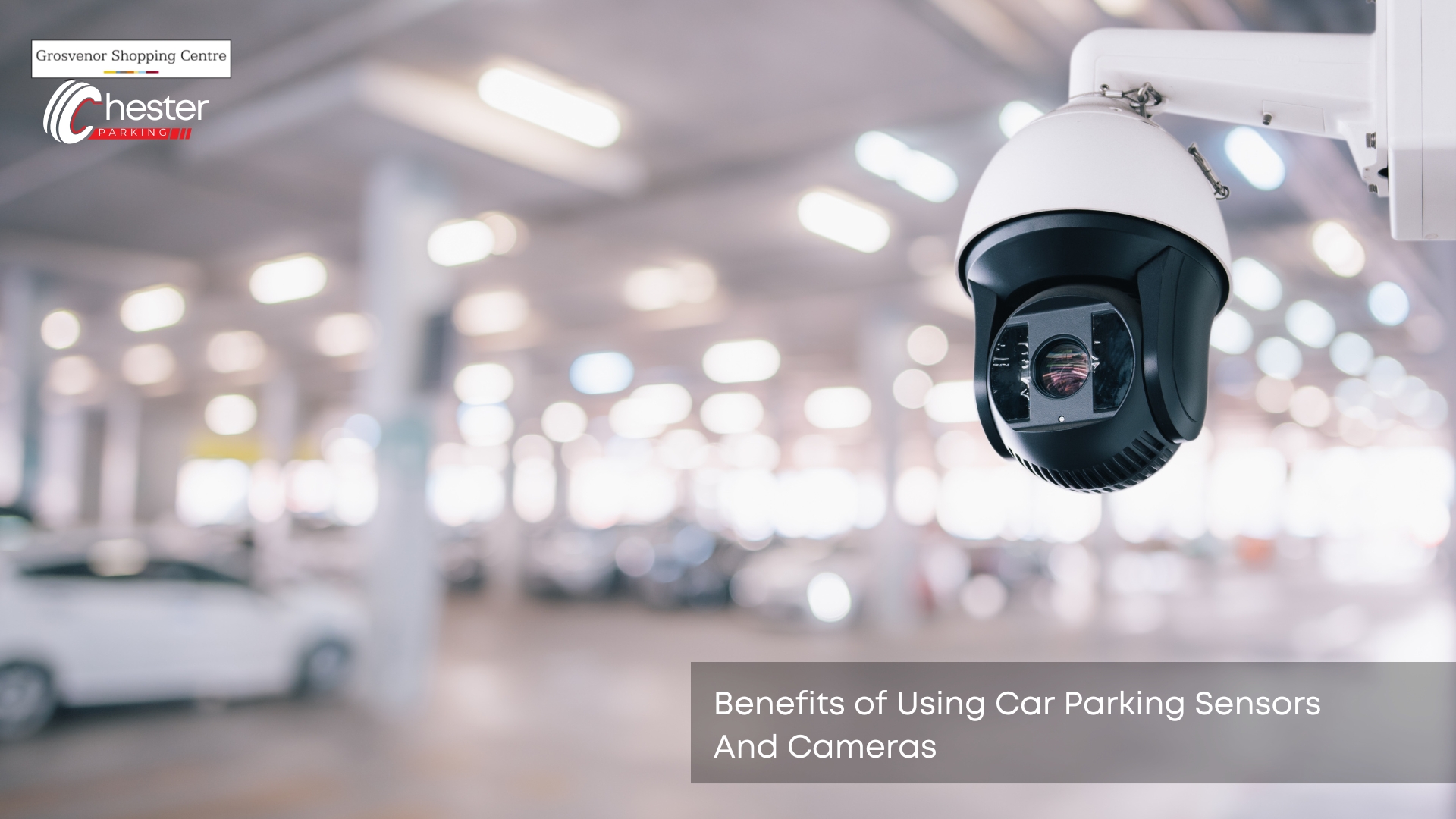Parking can be one of the most challenging aspects of driving, especially in tight spaces or congested areas. Thankfully, car parking sensors and cameras make this task far easier and safer. These clever features alert you to nearby objects and give you a clearer view of what’s behind or around you. Whether you’re a new driver or want to avoid small accidents, parking aids are a smart addition. In this guide, we outline the top benefits and explain how they can enhance your everyday driving experience.
What Are Car Parking Sensors and How Do They Work?
Car parking sensors are small devices fitted to your bumper that detect objects near your vehicle. They use ultrasonic waves to measure distance and warn you if you’re getting too close. The system beeps more rapidly as you approach an obstacle. These sensors are especially helpful when parking in tight bays or near walls. But cameras can also give you extra confidence while parking.
How Do Reverse Cameras Help With Parking?
Reversing cameras provide a live video feed from the back of your car, shown on a screen on the dashboard. This helps you see exactly what’s behind you, including low objects or children that mirrors may miss. Most cameras include guidelines to help you judge angles and distances. For many drivers, this added visibility reduces parking stress. Safety is where these tools shine.
Do Parking Sensors Make Driving Safer?
Yes, parking sensors significantly enhance safety by reducing the risk of hitting objects or other vehicles. They alert you before contact happens, giving you time to stop. This helps protect pedestrians, cyclists, and nearby vehicles. The alerts are especially useful in crowded areas or supermarket car parks. And when paired with reversing cameras, they create a full picture of your surroundings.
Are Sensors Useful in Tight UK Car Parks?
Yes, sensors are extremely useful in tight UK car parks where space is limited. Narrow bays, concrete pillars, and poor lighting make parking tricky. Sensors help you avoid scraping walls or bumping other cars. They also make it easier to judge distance when reversing or pulling into small spots. For UK drivers, these tools save time and reduce frustration.
Can These Features Help New Drivers Gain Confidence?
Absolutely. New drivers often struggle with parking due to nerves or a lack of experience. Sensors and cameras provide clear guidance and feedback during tricky manoeuvres. They help learners park more precisely as they build their skills over time. This support is reassuring and helps build good habits early. Over time, it boosts confidence behind the wheel.
Do Parking Aids Prevent Common Scratches and Bumps?
Yes, parking aids reduce the chance of low-speed accidents that cause dings, scuffs, and broken lights. These are some of the most common insurance claims in the UK. Avoiding small knocks also protects your no-claims bonus. With sensors and cameras guiding you, you can park more carefully and avoid costly repairs. Prevention is always better than trying to fix damage later.
What Are the Differences Between Front and Rear Sensors?
Rear sensors are standard on many cars and help when reversing into spaces. Front sensors are useful when pulling into tight spots or parking near high kerbs. Some cars also include side sensors for even better awareness. The more sensors a car has, the easier it is to navigate around obstacles. Choosing the right type depends on your usual driving and parking habits.
Is It Better to Use Sensors, a Camera, or Both?
Using both sensors and a camera offers the best results. Sensors give audio alerts, while the camera gives a visual reference. Together, they create a fuller picture of what’s around you. Some systems even combine this into a bird’s-eye view. While one feature is helpful, having both makes parking much safer and easier in all situations.
Do These Features Work in Poor Weather or Low Light?
Most modern sensors and cameras are designed to operate effectively in rain, fog, and low-light conditions. Reversing cameras often come equipped with night vision or adjustable brightness settings. Sensors are less affected by light and still beep accurately in tough conditions. While visibility might drop slightly in heavy weather, the systems remain useful. It’s still wise to double-check the surroundings with mirrors.
Are Parking Aids Worth It for Small Cars Too?
Yes, even small cars benefit from parking aids. Just because a car is compact does not mean every space is easy to navigate. Sensors and cameras help avoid misjudging gaps, even in small vehicles. They are especially helpful in city driving, where space is always tight. Whether large or small, every car can be made easier to park with these tools, especially in places managed by Parking Chester.
How Do Sensors and Cameras Affect Vehicle Resale Value?
Cars with parking aids often have a higher resale value. Buyers see them as helpful extras that make the car easier to live with. Many now expect these features as standard, especially in newer models. Having them fitted can make your car more attractive when it’s time to sell. They’re not just useful – they can also be a smart investment.
Can You Add Parking Sensors or Cameras to an Older Car?
Yes, many garages offer retrofitting for older cars. Aftermarket kits include sensors, cameras, and screens that function similarly to factory systems. If you’re upgrading for easier driving in Chester, knowing where to park also makes a big difference. The cost is often affordable, especially when compared to the cost of parking-related repairs. It’s a great option if you want modern features without having to buy a new car. Ensure the installer is experienced for optimal results.
What’s the Best Way to Get the Most Out of These Features?
To make the most of your parking aids, always combine them with good habits. Check your mirrors, move slowly, and stay alert, even when the system is active. Learn how the alerts sound and what distances they signal. Practise in quiet areas until you feel confident. Used properly, sensors and cameras can significantly reduce the stress of parking. Safety is even greater when features like car park bollards are also in place.


Leave a Reply